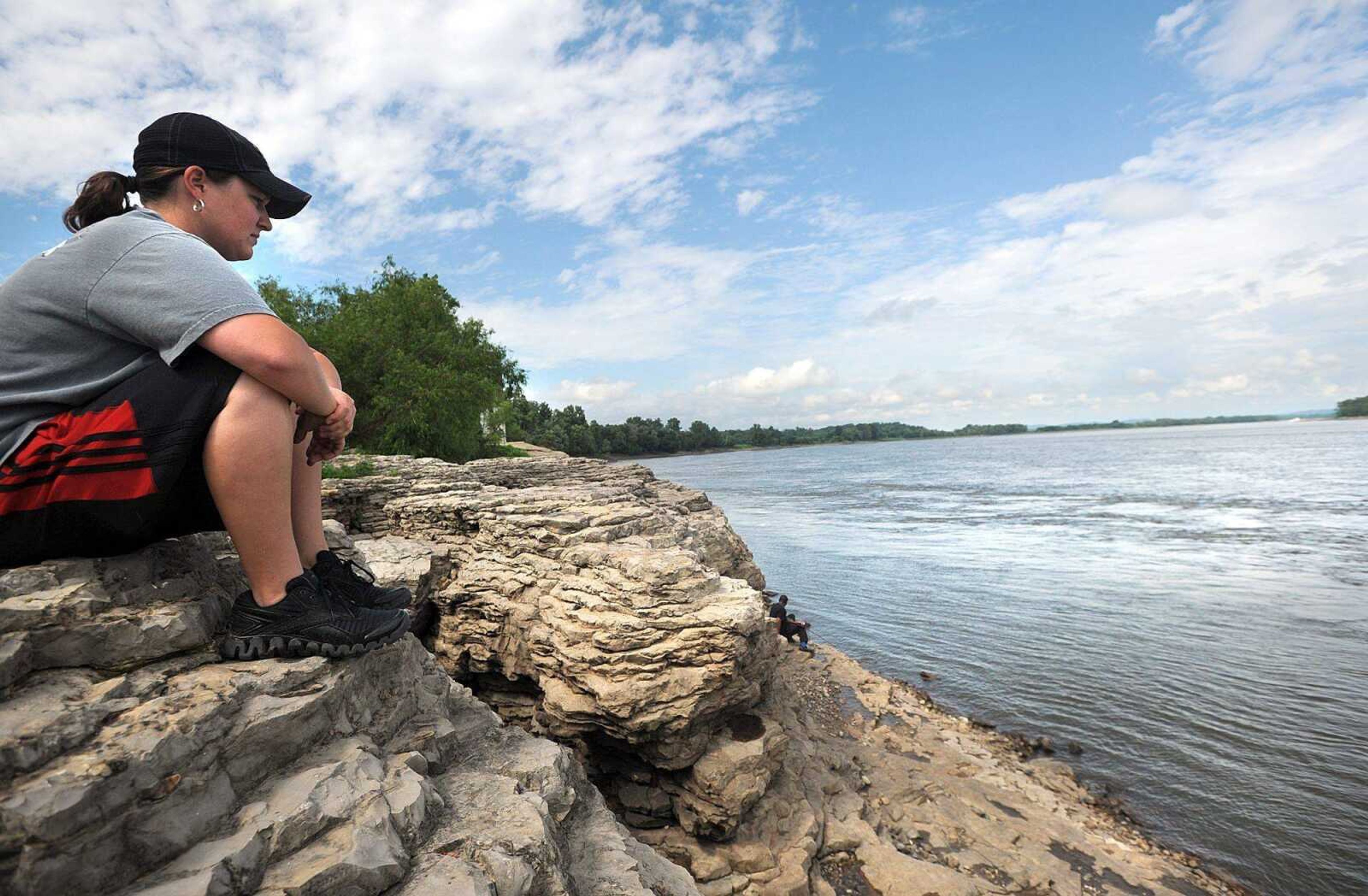Floodway project meetings planned
The U.S. Army Corps of Engineers will make stops at the end of August in East Prairie, Mo., and Cairo, Ill., to discuss the St. Johns Bayou and New Madrid Floodway Project with the public, about a month after it posted its latest draft of an environmental-impact statement on the project...
The U.S. Army Corps of Engineers will make stops at the end of August in East Prairie, Mo., and Cairo, Ill., to discuss the St. Johns Bayou and New Madrid Floodway Project with the public, about a month after it posted its latest draft of an environmental-impact statement on the project.
The project would close a 1,500-foot gap in the Mississippi River levee system in Southeast Missouri and construct pumping stations in the floodway and in the St. Johns Bayou Basin.
The environmental impact statement outlines a tentative plan for the project and seeks public comment for possible changes or suggestions.
A response to all oral and written testimony will be provided in the Final Environmental Impact Statement on the project, the corps said in a news release.
The public comment period for the first draft of the statement opened July 26 lasts 45 days.
The public meetings in East Prairie and Cairo will be split into two parts, the first part being an open house where project information will be on display and corps staff will be available for questions, the release said. During the second part of the meeting, corps staff will give a project overview, and the public will be able to make statements about the project.
Proponents of the St. Johns Bayou and New Madrid Floodway Project say closing the gap will protect local farmers' land and agriculture. Opponents say the project will destroy important wetlands connected to the Mississippi River, and harm fish and wildlife.
Bob Anderson, spokesman for the Mississippi River Commission, said the public meetings are important not only for the opposing sides to hear each other's opinions, but also for the commission to gather testimony and opinions it can use to adjust the environmental impact study if necessary.
"It will probably be a rather emotional testimony because this project has been on the books so long," Anderson said.
Corps project manager Danny Ward said the corps is seeking a balance between the two opposing sides when developing the project plan and environmental impact statement.
"What we've strived to do is formulate a project that recognizes the environmental benefits of flooding but also recognizes the impact on people and the economy," he said.
Ward said the corps will use the public testimony to write a final environmental impact statement, which will then be up for public review for about 30 days.
After the last public review, the corps will submit a final statement, including all public comments and how the corps addressed those concerns, to the Mississippi Valley commanding general. The commanding general then will choose how to proceed with the St. Johns Bayou and New Madrid Floodway Project.
As for the length of time the process will take, Ward said "we're not talking years, plural."
The decision only can be made by the commanding general, and he or she will choose either to implement the now-tentative plan, or to not pursue the project at all.
"That's another reason why it's critical to get public feed back," he said. "Nothing is set in stone at this point."
The cost of the tentative plan is about $164.78 million, and the average annual cost is about $7.25 million, according to the environmental impact statement. The statement also predicted average annual benefits to be around $15.5 million.
The first half of the public meeting in East Prairie is scheduled for 4:30 p.m. Aug. 27 at the First Church of God. The second half of the meeting will follow at 6 p.m. The first half of the public meeting in Cairo is scheduled for 4:30 p.m. Aug. 28 at the Cairo Junior/Senior High School. The second half will follow at 6 p.m.
Those who wish to submit written comments may email them to Ward at daniel.d.ward@usace.army.mil or to National Environmental Policy Act coordinator Joshua Koontz at joshua.m.koontz@usace.army.mil. Comments also may be mailed to Ward at Project Management Branch, 167 N. Main St., Room B-202, Memphis, TN 38103-1894.
Earlier in August, the Mississippi River Commission will conduct its annual low-water inspection trip on the Mississippi River.
There are two congressionally mandated water inspections along the Mississippi River per year: one in April when the river level is traditionally high, and one in August when the river level is traditionally low, Anderson said.
Seven public meetings are scheduled aboard the Motor Vessel Mississippi, and they will take place on stops that include Alton, Ill., and New Madrid, Mo. Commission members will be able to meet with locals and hear concerns regarding water resources infrastructure needs in the valley, including flood control and the Mississippi River and Tributaries project, environmental issues, recreation and navigation, according to a news release from the corps.
adowning@semissourian.com
388-3632
Pertinent address:
322 N. Washington St., East Prairie, MO
4201 Sycamore St., Cairo IL
Alton, IL
New Madrid, MO
Connect with the Southeast Missourian Newsroom:
For corrections to this story or other insights for the editor, click here. To submit a letter to the editor, click here. To learn about the Southeast Missourian’s AI Policy, click here.










